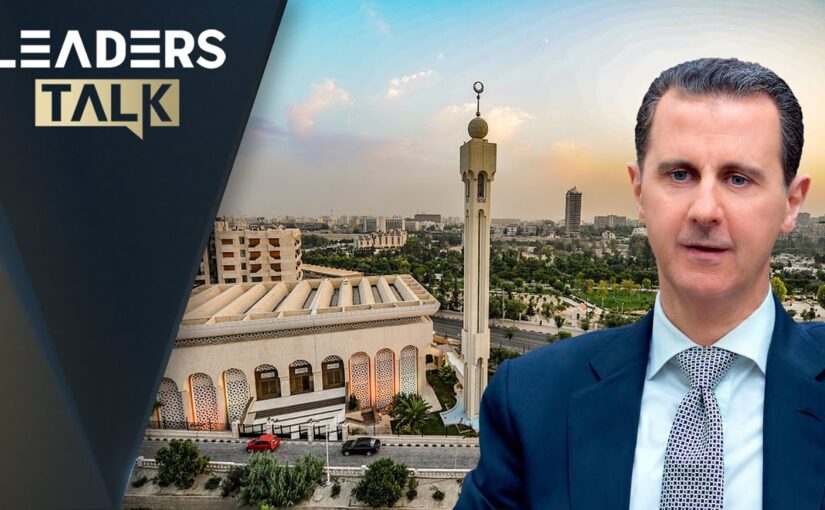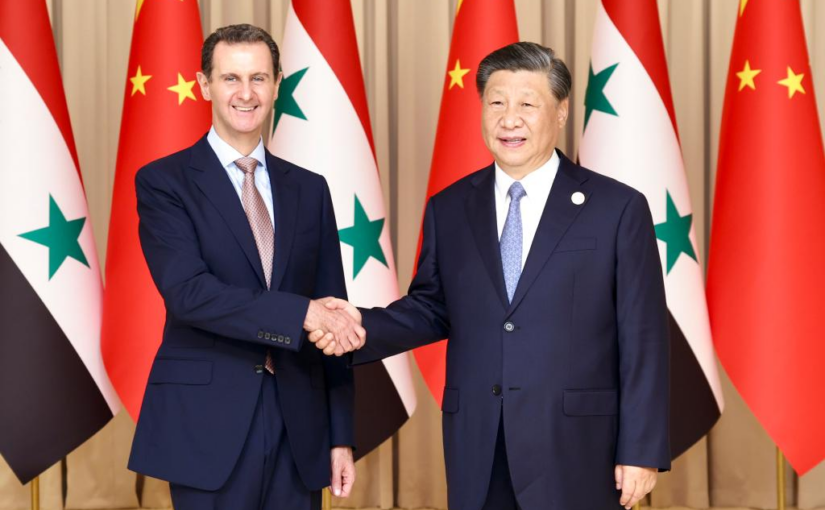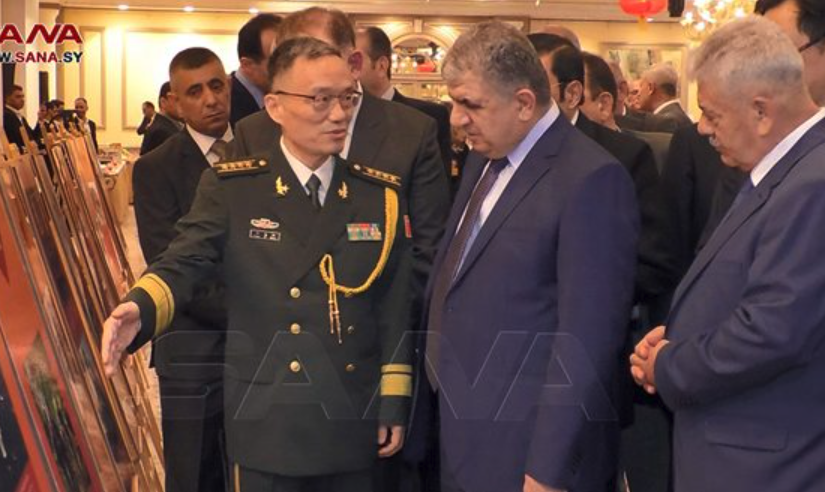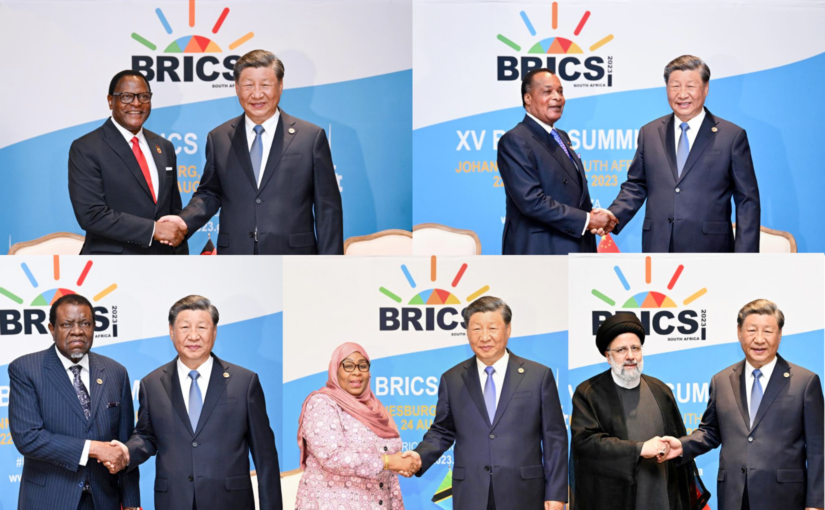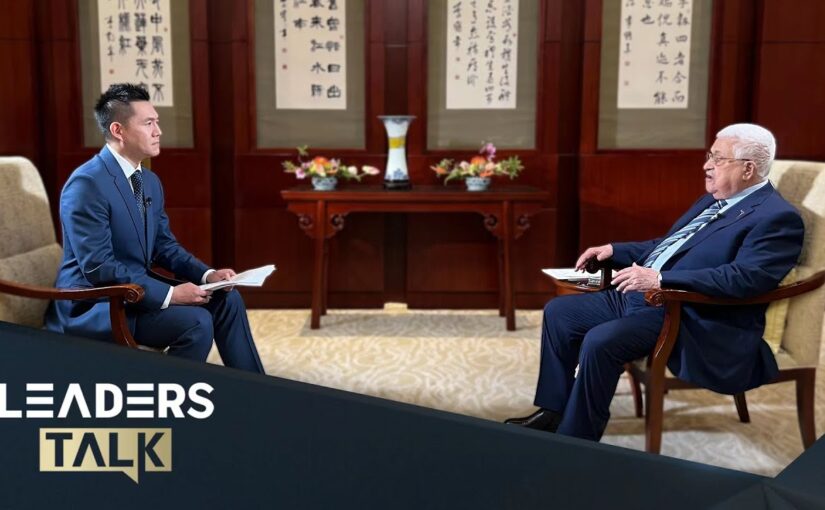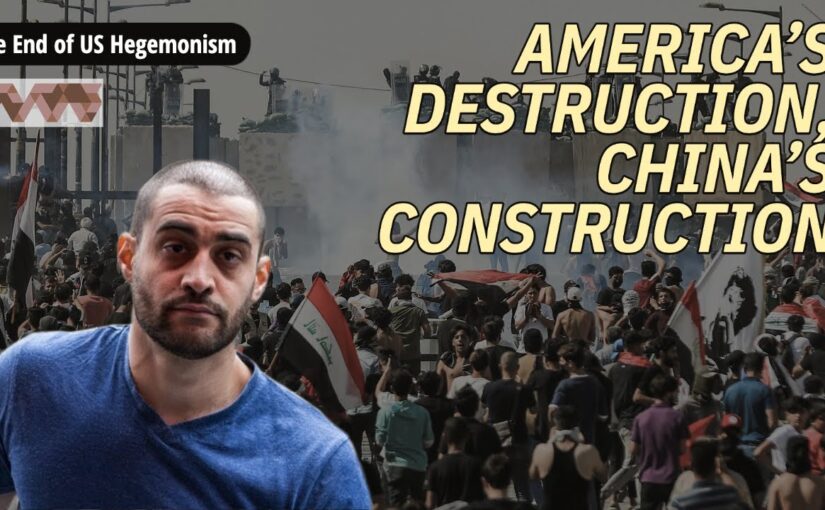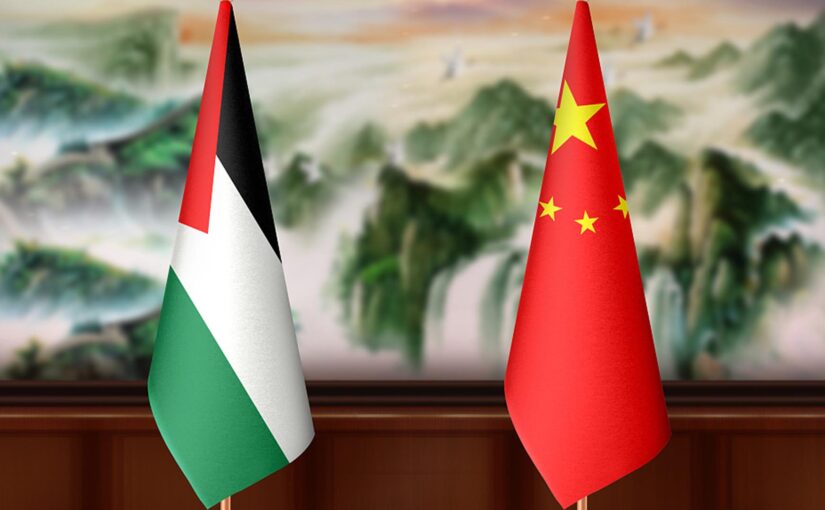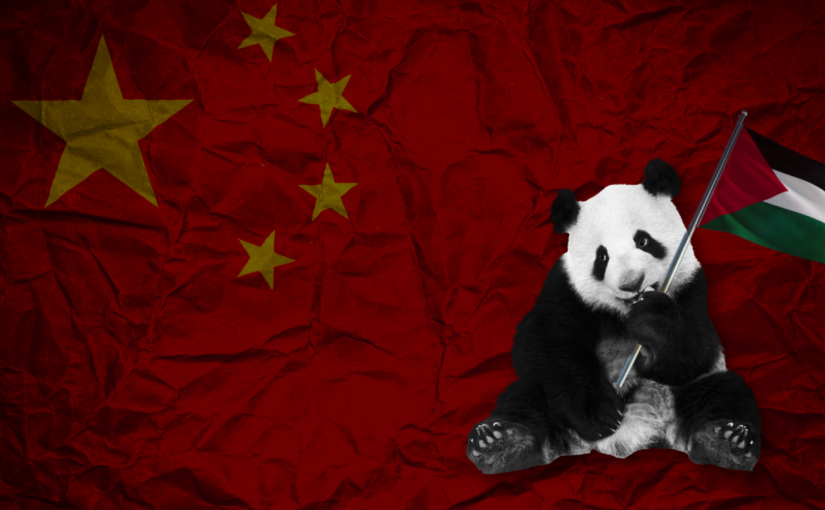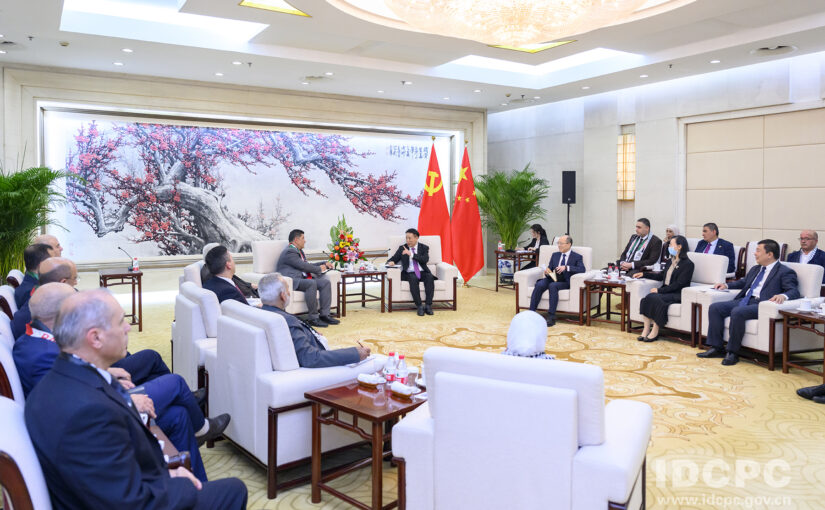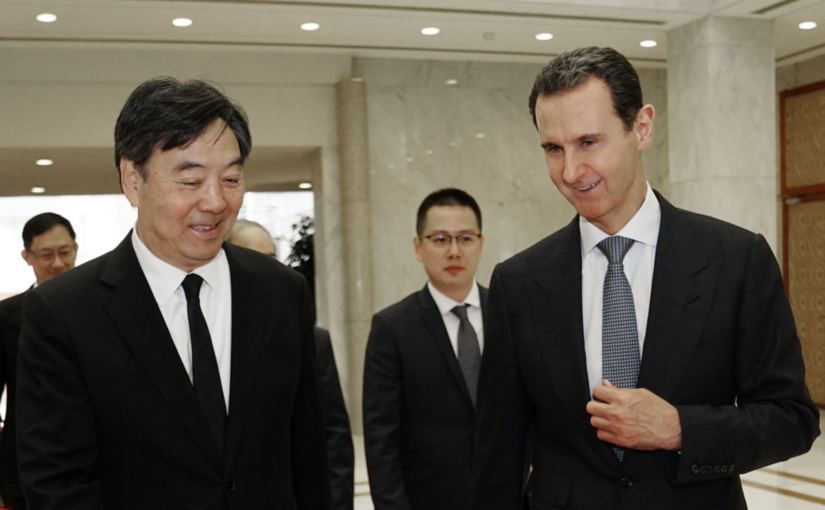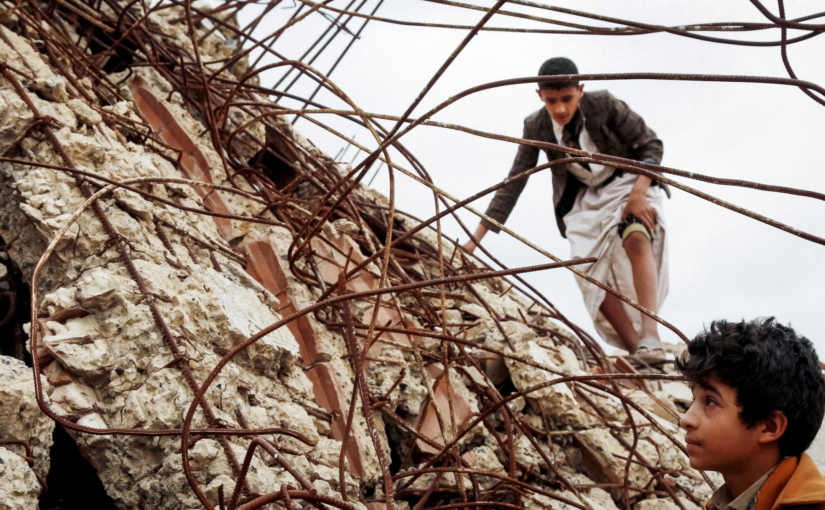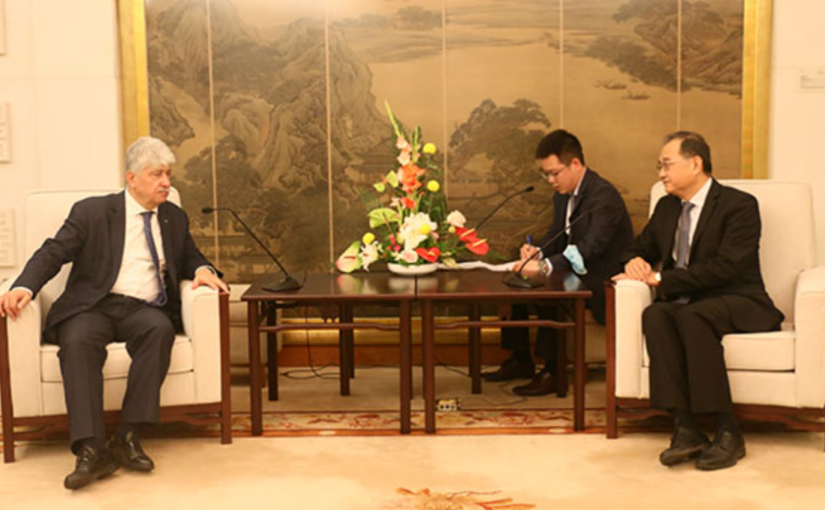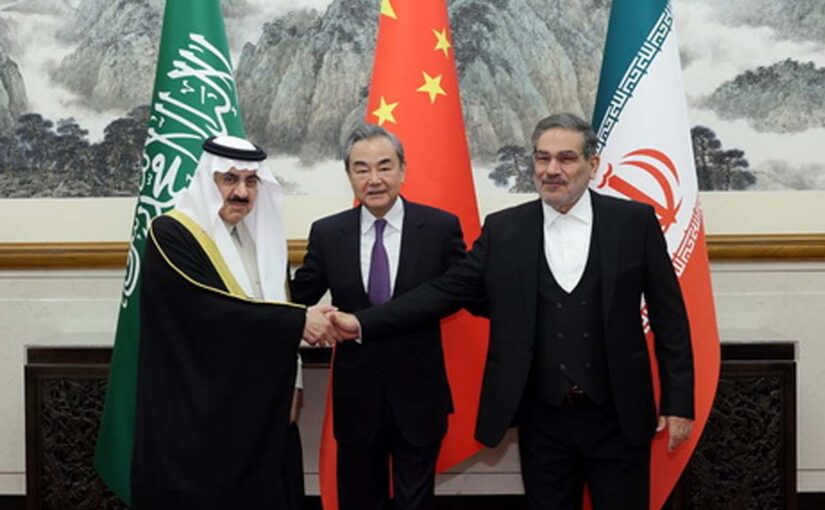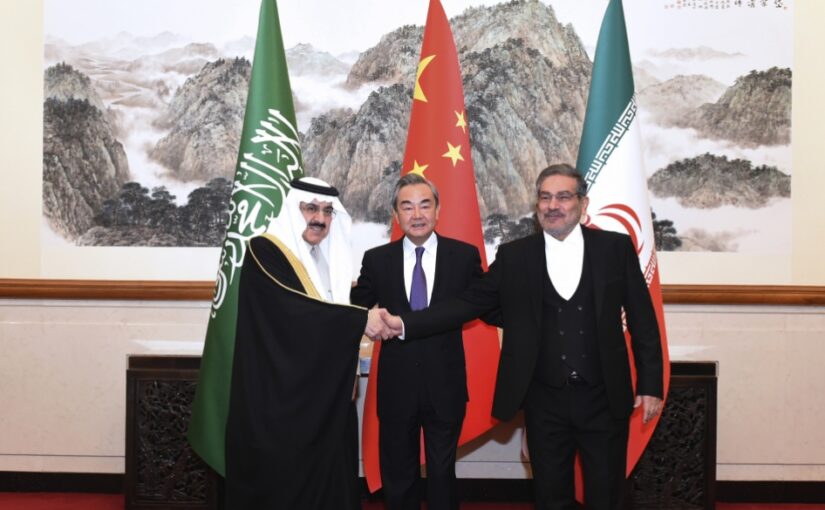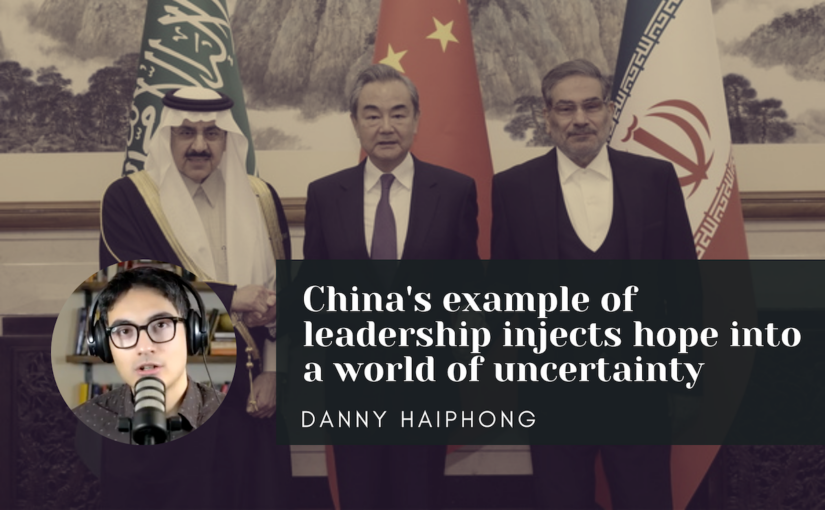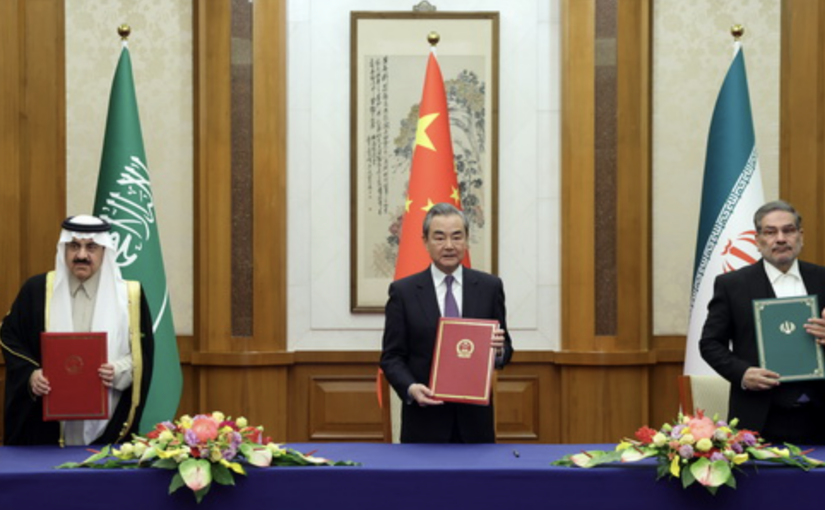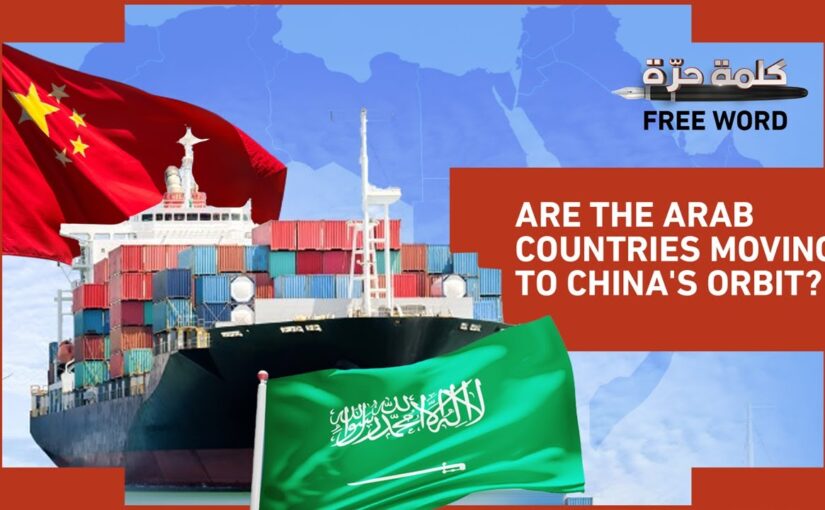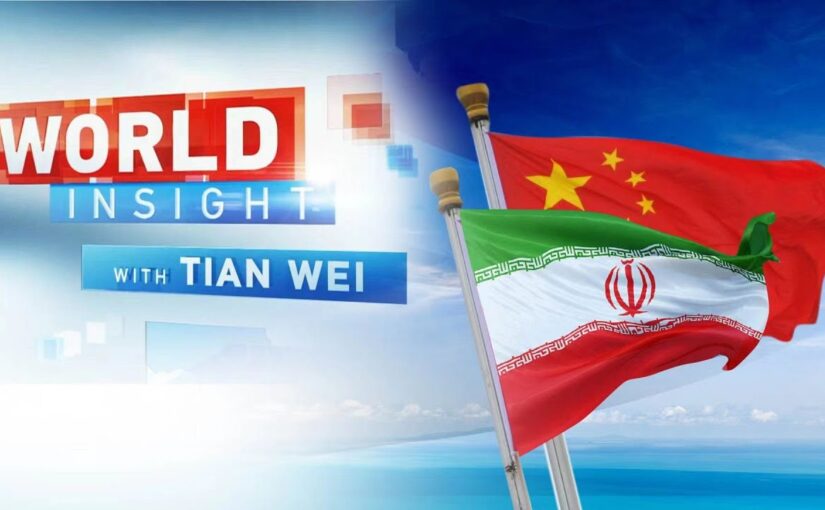The announcement from Beijing on Friday March 10 that, following Chinese mediation, Iran and Saudi Arabia are to resume their diplomatic relations is widely recognised as a stunning diplomatic and political development, with profound implications not only for the Middle East (or West Asia), but also for international relations generally.
In a Joint Trilateral Statement by the People’s Republic of China, the Kingdom of Saudi Arabia and the Islamic Republic of Iran, the three countries announced that, “an agreement has been reached between the Kingdom of Saudi Arabia and the Islamic Republic of Iran, that includes an agreement to resume diplomatic relations between them and re-open their embassies and missions within a period not exceeding two months, and the agreement includes their affirmation of the respect for the sovereignty of states and the non-interference in internal affairs of states.”
The statement began by noting that this development came, “in response to the noble initiative of His Excellency President Xi Jinping” and “based on the agreement between His Excellency President Xi Jinping and the leaderships of the Kingdom of Saudi Arabia and the Islamic Republic of Iran, whereby the People’s Republic of China would host and sponsor talks between the Kingdom of Saudi Arabia and the Islamic Republic of Iran,” and continued:
“The delegations from the two countries held talks on 6-10 March 2023 in Beijing – the delegation of the Kingdom of Saudi Arabia headed by His Excellency Dr. Musaad bin Mohammed Al-Aiban, Minister of State, Member of the Council of Ministers, and National Security Advisor, and the delegation of the Islamic Republic of Iran headed by His Excellency Admiral Ali Shamkhani, Secretary of the Supreme National Security Council of the Islamic Republic of Iran.”
The Saudi and Iranian sides also expressed their gratitude to Iraq and Oman for having hosted previous rounds of dialogue.
Xi Jinping visited Saudi Arabia last December, where he also attended China’s first summits with both the Gulf Cooperation Council and the League of Arab States, and last month hosted the first Beijing visit by an Iranian president in 20 years. It is worth recalling that many people had suggested that, by pursuing relations with Saudi Arabia, China was somehow abandoning or side-lining its friendship with Iran. The reality has proved the exact opposite.
Taken by surprise, the western media scurried to put out its news alerts. The New York Times reported that, “China hosted the talks that led to the breakthrough, highlighting Beijing’s growing role as a global economic and political power, and counterbalance to Washington – particularly in the Middle East, a region that was long shaped by the military and diplomatic involvement of the United States,” adding: “For the United States, the agreement signals that it cannot take for granted the pre-eminent influence it once wielded in Saudi Arabia, an ally that is charting a more independent diplomatic course, and elsewhere.”
It went on to quote Jonathan Fulton, a non-resident senior fellow for Middle East programs at the Atlantic Council, as saying:
“Beijing has adopted a smart approach using its strategic partnership diplomacy, building diplomatic capital on both sides of the Gulf. Unlike the United States, which balances one side against the other, and is therefore limited in its diplomatic capacity.”
Mark Dubowitz, the chief executive of the Washington-based Foundation for Defense of Democracies, was even more blunt, describing the news as, “a lose, lose, lose for American interests.”
Describing the development as “jolting the geopolitics of the Middle East”, in its first report, the Wall Street Journal wrote:
“China’s role in the talks marks a watershed moment for Beijing’s ambitions in the region, a part of the world where the US has waged war and spent hundreds of billions of dollars in providing security for allies. Along with Russia’s intervention in the Syrian civil war, China’s diplomacy is another sign of the US’s waning influence.”
It continued: “Beijing has provided a lifeline to sanctions-hit Iran, becoming its main remaining crude buyer since the US pulled out of a nuclear deal in 2018. But it has also sought closer ties with Saudi Arabia, Iran’s regional rival, for which it is the biggest trade partner and a top oil buyer.”
The paper quoted Aaron David Miller, who it described as, “a veteran US negotiator in the Middle East”, and who is now a senior fellow at the Carnegie Endowment for International Peace, as saying: “The Saudis see a multipolar future with China and Russia as important partners… It’s also a real slap in the face to Biden.”
The Wall Street Journal noted that, “there have long been hopes in Washington for a so-called Arab NATO that would counter Iran,” adding, “in Israel, the announcement of restored Saudi-Iran ties was met with dismay.”
In its subsequent report, headlined ‘China’s Model of a New Diplomacy Scores a Win With Iran-Saudi Deal’, the paper quoted Chas W. Freeman, a retired American senior diplomat who was President Nixon’s main interpreter during his 1972 icebreaking visit to Beijing, who later served as US Ambassador to Saudi Arabia, and is today one of the few voices of reason in the US foreign policy establishment, as observing: “Among other things, this suggests that it’s a mistake to dismiss China as a potential peacemaker in Ukraine, as we reflexively did.”
Meanwhile, Iran’s Press TV summarised regional reactions, noting that United Arab Emirates (UAE) foreign minister Sheikh Abdullah bin Zayed had described the agreement as, “an important step towards stability and prosperity.” Oman, Iraq, Qatar, Jordan, Türkiye and Pakistan were also among the first countries to rapidly welcome the agreement.
It also won immediate support from key resistance movements in the region. Addressing a local event, the leader of Lebanon’s Hezbollah, Sayyed Hassan Nasrallah said the agreement will be to the benefit of the region, adding: “The rapprochement of Iran and Saudi Arabia proceeds in its normal path and can open new horizons for the region and Lebanon.”
Mohammed Abdulsalam, the chief negotiator for Yemen’s Ansarullah resistance movement, more widely known internationally as the Houthis, said the region is in need of the resumption of “normal ties” between its countries, “for the Islamic nation to reclaim its lost security as a result of foreign, especially American-Zionist, interference.” Such interference, he tweeted, has taken advantage of differences in the region, and used ‘Iranophobia’ to commit aggression against Yemen.
Conversely, former Israeli Prime Minister Naftali Bennett called the agreement a “political victory” for Iran and a “serious and dangerous development for Israel,” adding: “This delivers a fatal blow to efforts to build a regional coalition against Iran.”
Another former Israeli Prime Minister Yair Lapid, who is currently the leader of the opposition, also described the agreement as, “a dangerous development that strips Israel of its regional defensive wall,” adding that it, “reflects the complete and dangerous failure of the Israeli government’s foreign policy.”
We reprint below the full text of the Joint Trilateral Statement. It was originally published on the website of the Chinese Foreign Ministry.
The following is the full text of a joint statement released by the People’s Republic of China, the Kingdom of Saudi Arabia, and the Islamic Republic of Iran on Friday.
Joint Trilateral Statement by the People’s Republic of China, the Kingdom of Saudi Arabia, and the Islamic Republic of Iran
In response to the noble initiative of His Excellency President Xi Jinping, President of the People’s Republic of China, of China’s support for developing good neighborly relations between the Kingdom of Saudi Arabia and the Islamic Republic of Iran;
And based on the agreement between His Excellency President Xi Jinping and the leaderships of the Kingdom of Saudi Arabia and the Islamic Republic of Iran, whereby the People’s Republic of China would host and sponsor talks between the Kingdom of Saudi Arabia and the Islamic Republic of Iran;
Proceeding from their shared desire to resolve the disagreements between them through dialogue and diplomacy, and in light of their brotherly ties;
Adhering to the principles and objectives of the Charters of the United Nations and the Organization of Islamic Cooperation (OIC), and international conventions and norms;
The delegations from the two countries held talks on 6-10 March 2023 in Beijing – the delegation of the Kingdom of Saudi Arabia headed by His Excellency Dr. Musaad bin Mohammed Al-Aiban, Minister of State, Member of the Council of Ministers, and National Security Advisor, and the delegation of the Islamic Republic of Iran headed by His Excellency Admiral Ali Shamkhani, Secretary of the Supreme National Security Council of the Islamic Republic of Iran.
The Saudi and Iranian sides expressed their appreciation and gratitude to the Republic of Iraq and the Sultanate of Oman for hosting rounds of dialogue that took place between both sides during the years 2021-2022. The two sides also expressed their appreciation and gratitude to the leadership and government of the People’s Republic of China for hosting and sponsoring the talks, and the efforts they placed towards its success.
The three countries announce that an agreement has been reached between the Kingdom of Saudi Arabia and the Islamic Republic of Iran, that includes an agreement to resume diplomatic relations between them and re-open their embassies and missions within a period not exceeding two months, and the agreement includes their affirmation of the respect for the sovereignty of states and the non-interference in internal affairs of states. They also agreed that the ministers of foreign affairs of both countries shall meet to implement this, arrange for the return of their ambassadors, and discuss means of enhancing bilateral relations. They also agreed to implement the Security Cooperation Agreement between them, which was signed on 22/1/1422 (H), corresponding to 17/4/2001, and the General Agreement for Cooperation in the Fields of Economy, Trade, Investment, Technology, Science, Culture, Sports, and Youth, which was signed on 2/2/1419 (H), corresponding to 27/5/1998.
The three countries expressed their keenness to exert all efforts towards enhancing regional and international peace and security.
Issued in Beijing on 10 March 2023.
The statement was co-signed by Representative for the People’s Republic of China Wang Yi, Member of the Political Bureau of the Communist Party of China (CPC) Central Committee and Director of the Foreign Affairs Commission of the CPC Central Committee, Representative for the Kingdom of Saudi Arabia Musaad bin Mohammed Al-Aiban, Minister of State, Member of the Council of Ministers, and National Security Advisor, and Representative for the Islamic Republic of Iran Ali Shamkhani, Secretary of the Supreme National Security Council.

